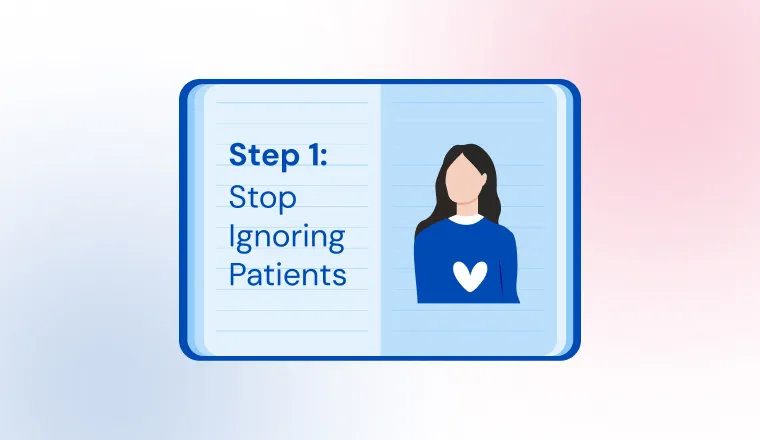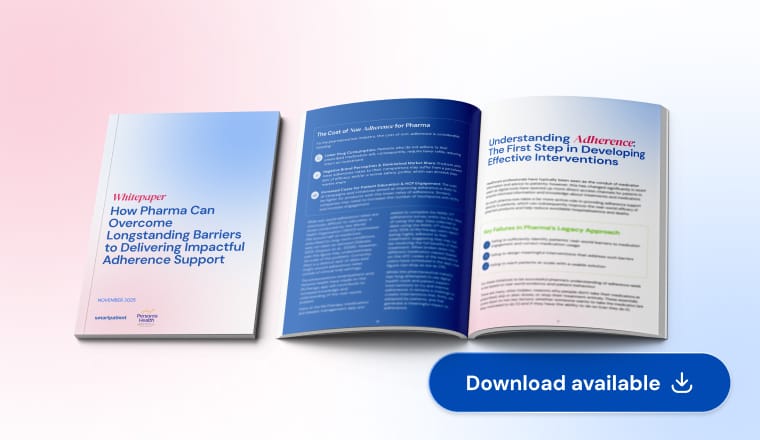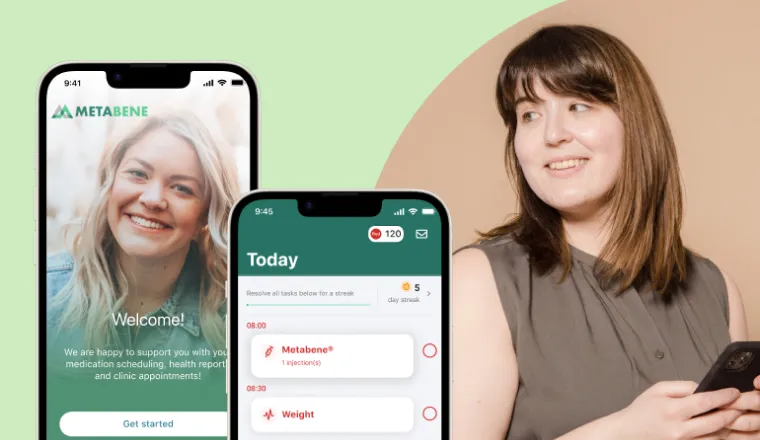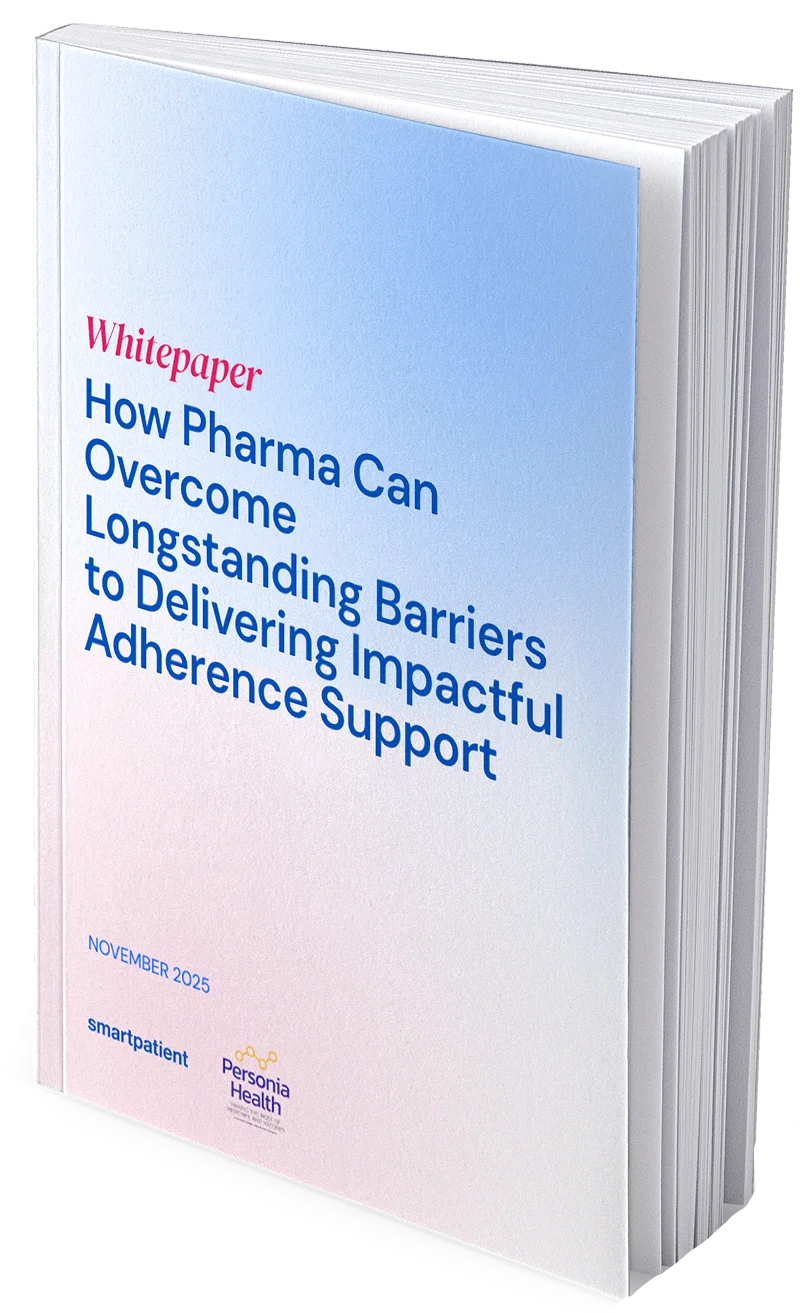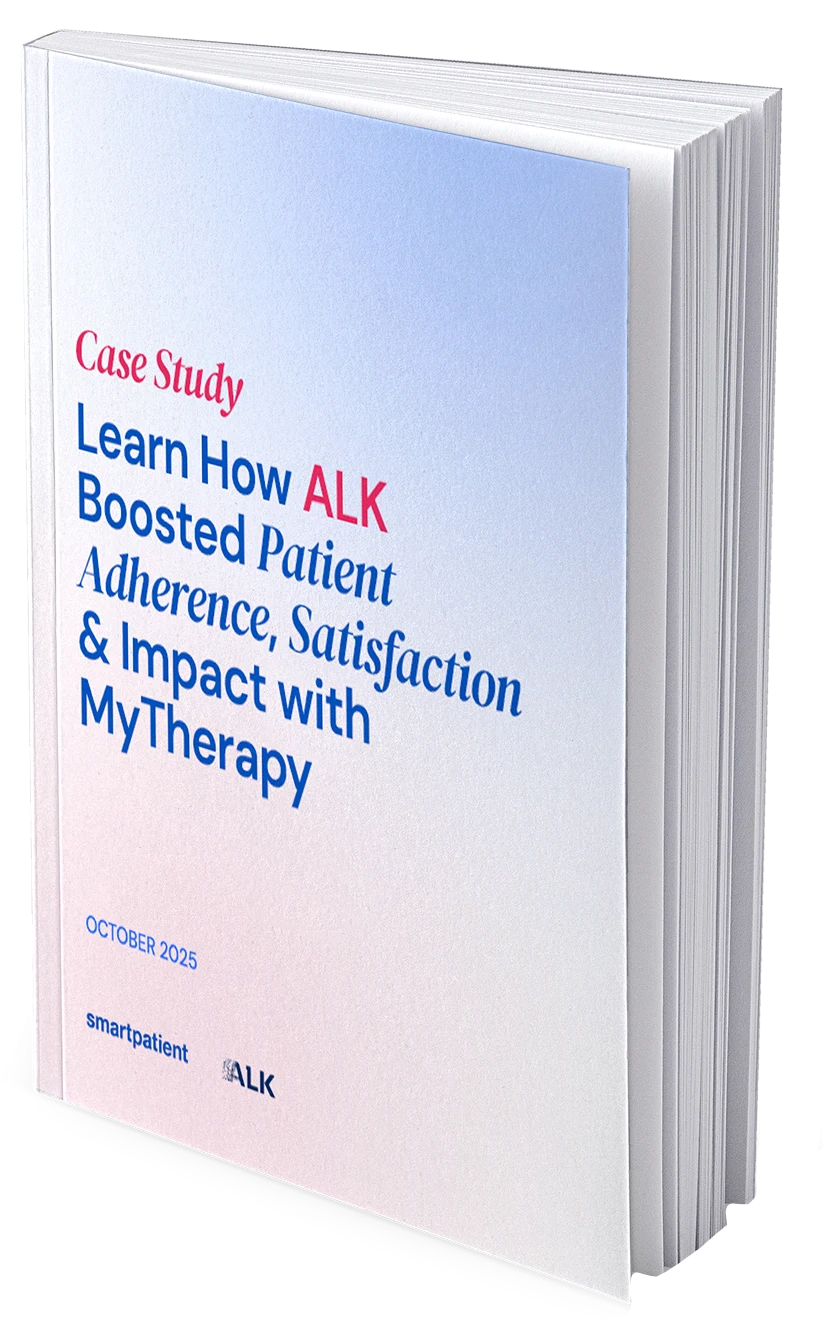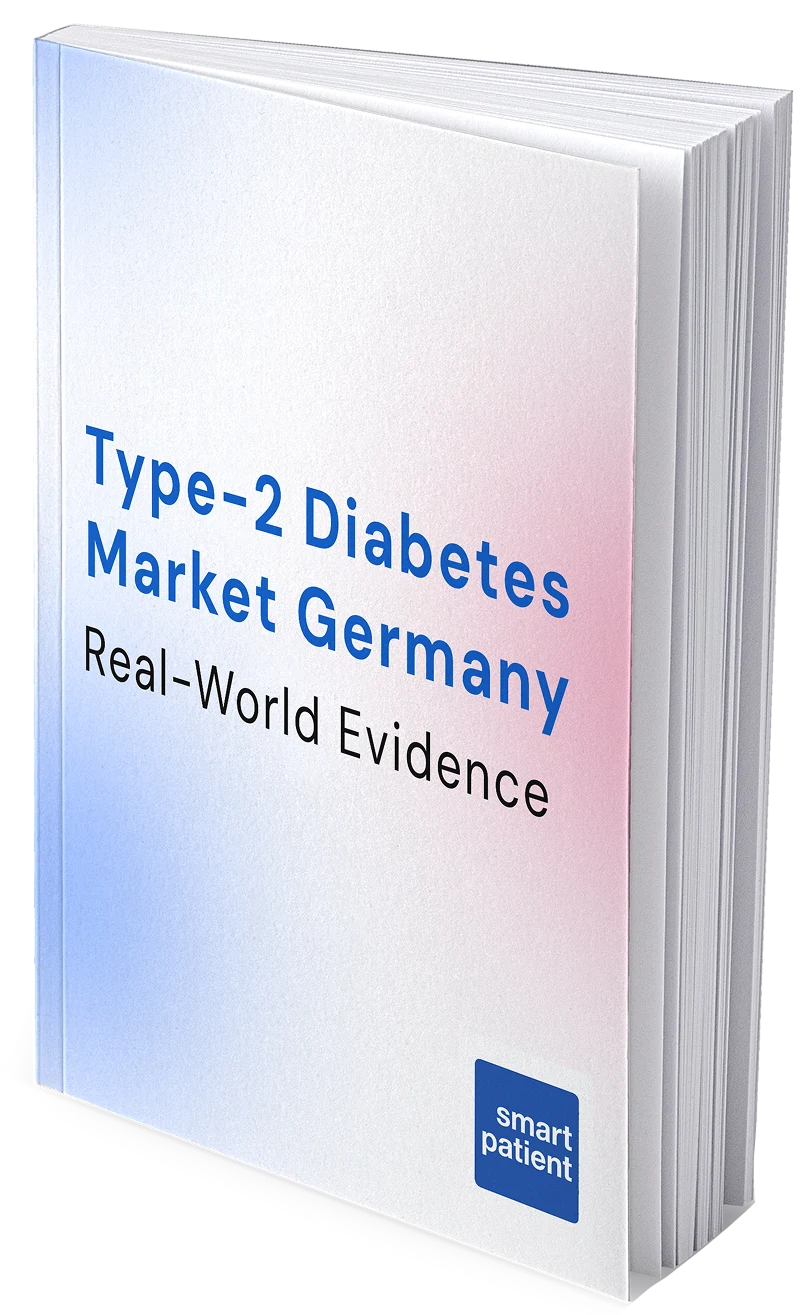

Key Takeaways
- Explores how digital patient education drives awareness, activation, and adherence in chronic disease management.
- Psoriasis as an example to show how structured, digital learning bridges treatment gaps and improves long-term outcomes.
- Highlights how pharma partners leverage MyTherapy to deliver personalized, compliant, and measurable patient education campaigns.
Digital patient education in pharma has become a core strategy for driving awareness, activation, and adherence. Leading pharmaceutical companies are using digital health platforms to deliver reliable, personalized education that helps patients understand their condition, engage in treatment decisions, and achieve better outcomes.
Patients living with chronic conditions no longer just need information, they need empowerment, tailored guidance, and ongoing support that connects clinical care with everyday life. Using psoriasis as a flagship example, this article explores how structured digital education bridges the gap between awareness and long-term adherence, and how pharma can scale this approach across therapy areas.
Why Patient Education Matters More Than Ever
Despite significant medical progress, undertreatment remains widespread across chronic conditions. In psoriasis, around 2% of adults in Germany live with the condition, yet many remain unaware of the full range of treatment options available to them. Despite effective biologic and systemic therapies, patients are often misinformed, hesitant, or disengaged from long-term management.
Recent findings from Deutsches Ärzteblatt redefine psoriasis as a systemic inflammatory disease, not merely a dermatological condition. This broader “psoriatic disease” involves inflammation of the skin, arteries, bones, and joints and is frequently linked to hypertension, metabolic syndrome, and depression. Obesity, stress, and infection are major risk factors, while one in five patients develops psoriatic arthritis.
Such complexity highlights why education can no longer be treated as a one-time intervention. Patients need accessible, ongoing, and structured learning to recognize comorbidities, understand therapy goals, and actively participate in treatment decisions.
Psoriasis in Practice: Turning Education into Better Outcomes
Psoriasis exemplifies how structured digital education can transform long-term outcomes for people living with chronic diseases.
It affects around 2 million people in Germany, including roughly 400,000 with moderate to severe forms (Deutscher Psoriasis Bund e.V.).
While often perceived as a skin disorder, psoriasis is a chronic, systemic inflammatory disease that can affect multiple organs and is closely linked to conditions such as hypertension, metabolic syndrome, and depression.
These complexities make continuous patient education essential—not only for managing symptoms, but for understanding the full scope of the disease and its long-term impact.
Effective digital education helps patients:
- Recognize the importance of consistent, long-term disease management.
- Understand available treatment options, including modern biologic and systemic therapies.
- Identify personal triggers and lifestyle factors that influence flare-ups.
- Stay engaged through digital tracking, personalized reminders, and ongoing feedback between visits.
MyTherapy data shows that mood and wellbeing tracking among psoriasis patients has increased by more than 300% since early 2023, highlighting a strong rise in self-management and digital health adoption. Such trends demonstrate that when education is accessible, personalized, and ongoing, it doesn’t just inform—it truly activates patients.
Building a Connected Digital Education Ecosystem
Through MyTherapy, pharma partners can turn educational intent into measurable patient impact by combining verified reach, behavioral science, and digital engagement within a single, patient-centric ecosystem.
This connected approach enables pharma to:
- Target with Precision: Reach precisely defined patient communities—such as more than 53,000 psoriasis patients—and deliver relevant, compliant education at key moments in the treatment journey.
- Educate with Purpose: Use behavioral science and medical accuracy to transform complex medical information into accessible, evidence-based content that fosters understanding, motivation, and sustained adherence.
- Guide Contextually: Deliver support when and where it has the greatest impact—helping patients prepare for appointments, track symptoms, and explore verified treatment options in real time.
- Unite Awareness, Activation & Adherence: Build a continuous digital education journey that connects all stages of patient engagement in one seamless experience.
- Enable Ongoing Insight & Support
- Track outcomes through ePROs and digital biomarkers.
- Provide reliable medication and appointment reminders.
- Deliver treatment-specific learning modules.
- Apply AI-driven personalization and gamification.
- Facilitate secure sharing with caregivers and healthcare professionals.
The result is measurable behavior change, improved adherence, and actionable real-world insights that help pharma design programs with lasting impact.
Beyond Psoriasis: Scalable Across Therapeutic Areas
While psoriasis is a strong example, the same challenges and opportunities apply across chronic conditions, from cardiology and diabetes to oncology and respiratory care.
The MyTherapy platform is scalable across therapeutic areas, enabling pharma to deliver compliant, patient-centric education programs for multiple diseases using the same proven digital foundation.
This approach allows pharmaceutical partners to expand successful education models across portfolios, eaching more patients, accelerating program launches, and maintaining consistent standards of compliance and quality.
The Takeaway: Digital Education Creates Real-World Impact
Pharma companies that integrate digital patient education into their engagement strategy can:
- Strengthen trust and long-term patient relationships
- Improve therapy adherence and health outcomes
- Generate real-world evidence on patient activation and engagement
By partnering with MyTherapy, pharma can turn awareness into action, activate patients at scale, and transform education into measurable health impact.


